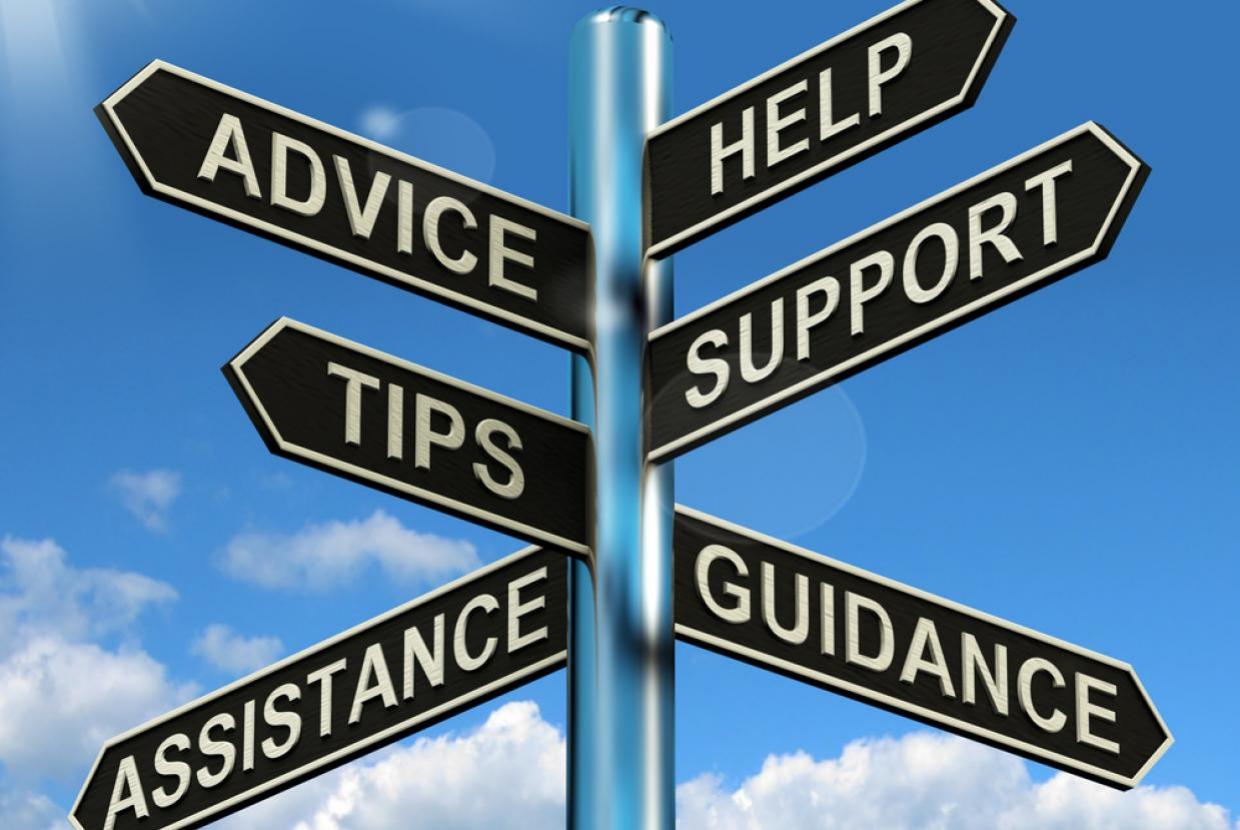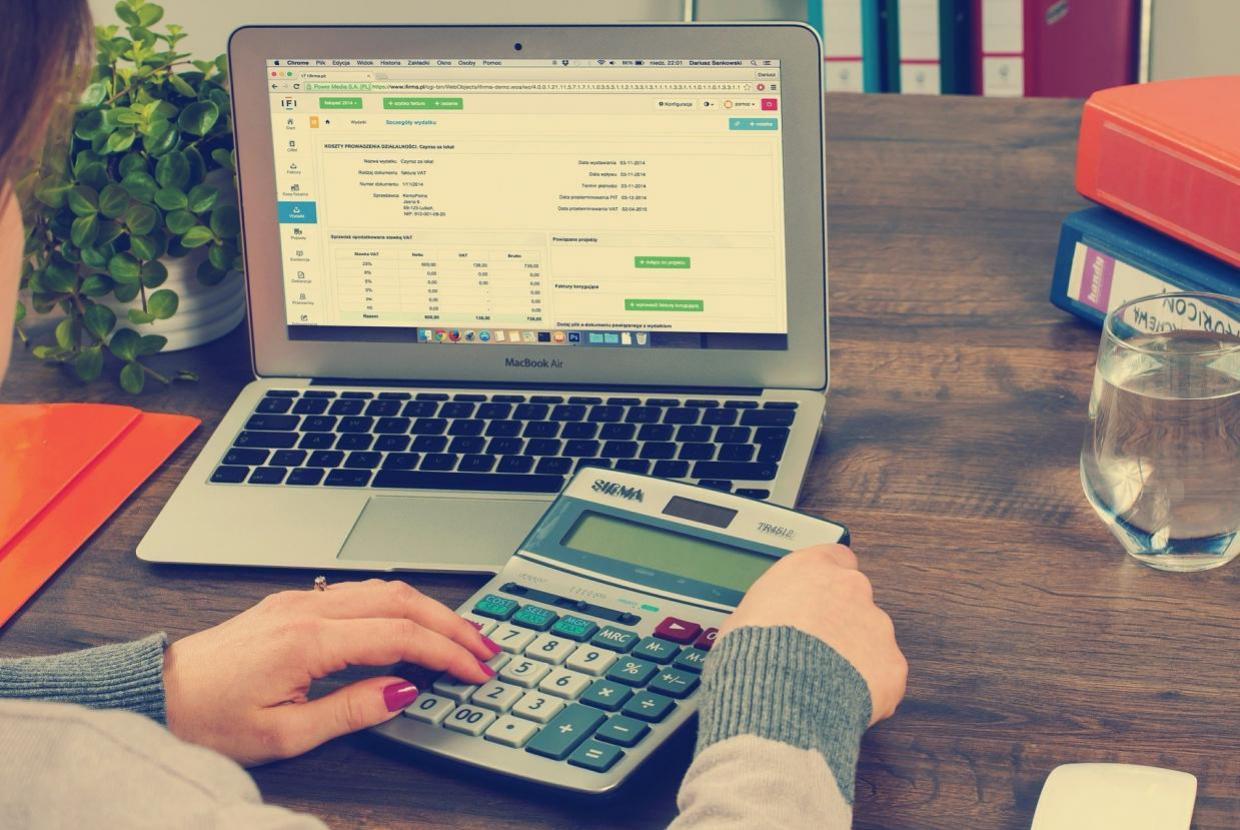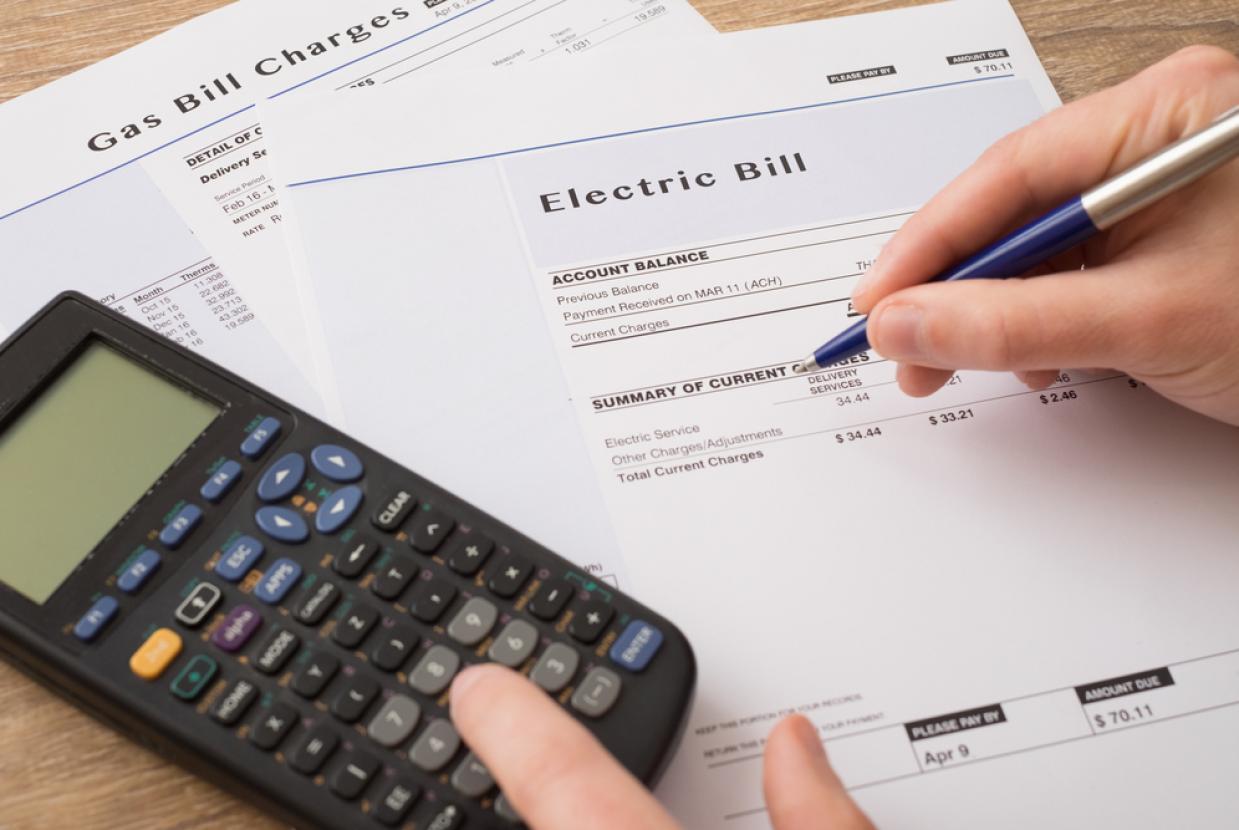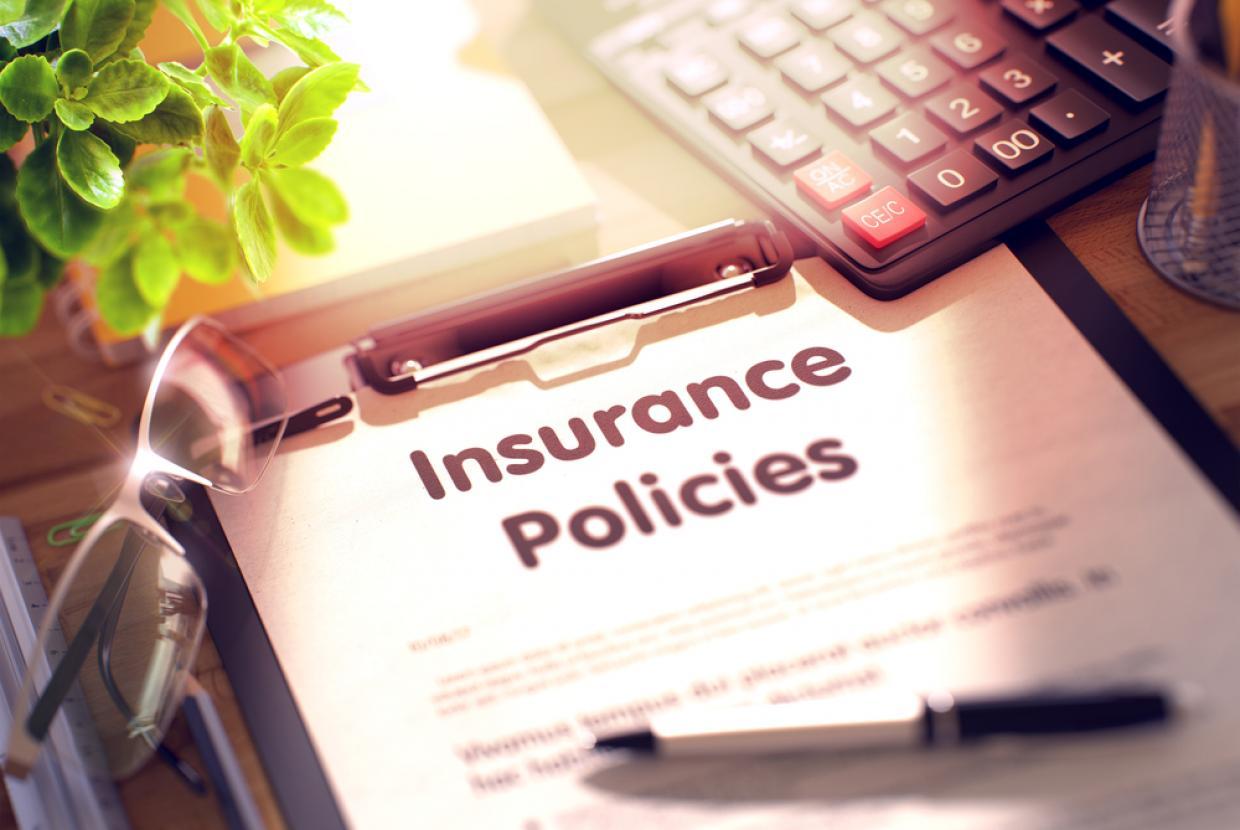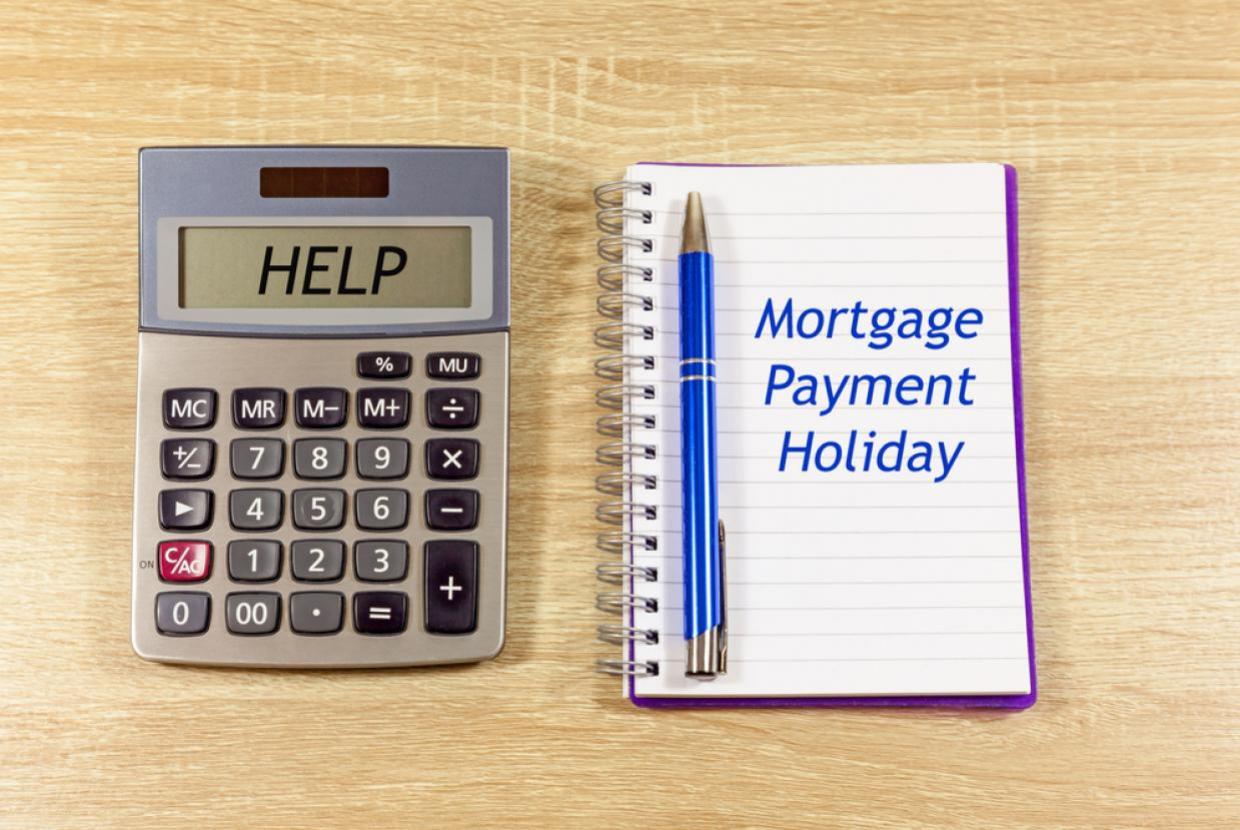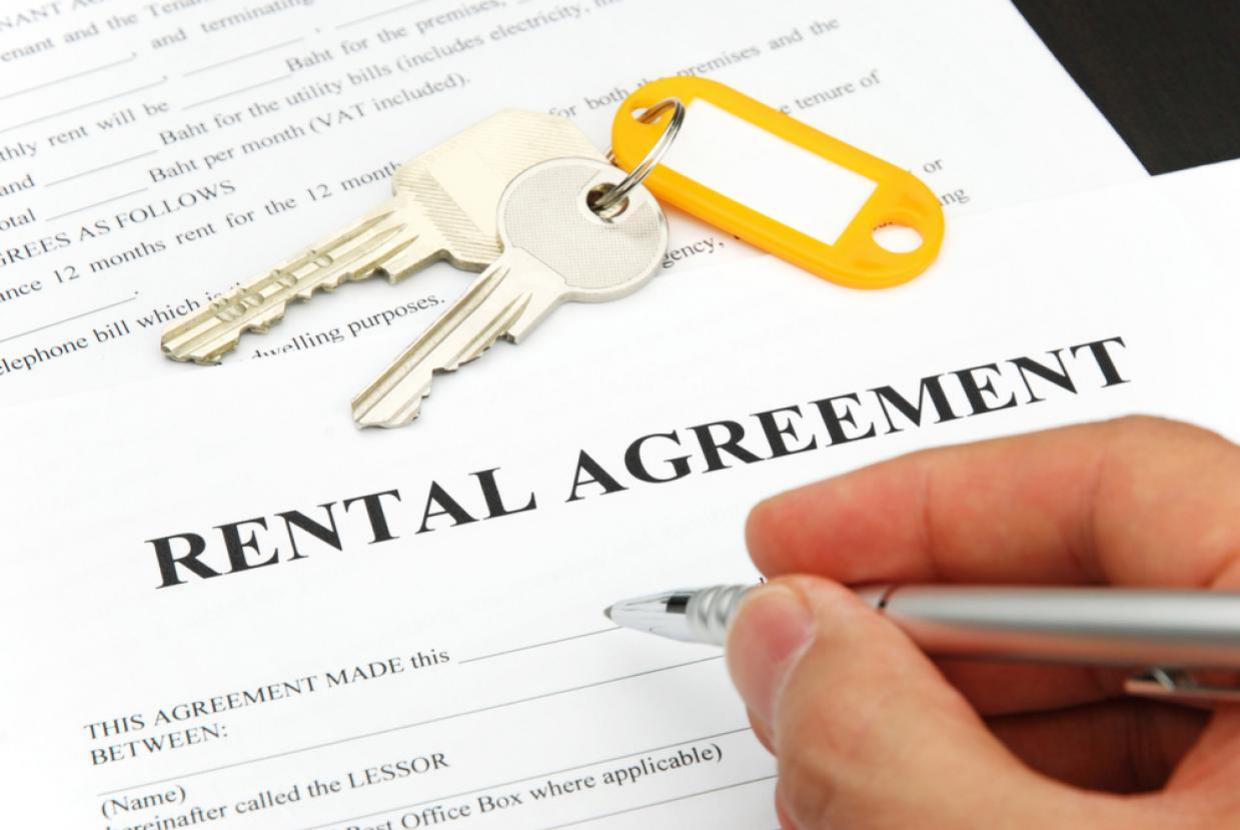If you are worried about debt
Facing a sudden drop in income if you’re already juggling other debts can have a severe impact on your finances and is probably the last thing you need right now. You may have been managing to make repayments on money you owe but this crisis is going to push you into problem debt.
Although there may be a lot going on in your life that makes it easy to ignore debt, the sooner you get help the sooner you can get back on track.
There is lots of free, confidential debt advice out there to support you and you don’t have to face the problem alone. Talking to someone can mean one less problem off your mind.
Use our debt advice locator tool to help you find advice in a way that’s best for you: face-to-face, online or over the phone.
If you think you might have to borrow moneyIf you don’t have any savings and are facing an emergency cash shortfall, borrowing may feel like your only option.
Try and use borrowing as a last resort and if you need to borrow, make sure you choose the right type of credit or loan for your situation. Otherwise, you could find yourself paying more than you need to.
Shop around and compare deals, looking at:
- the interest rate and the Annual Percentage Rate (APR)
- how much you will repay in total and whether you can afford the repayments
- any penalties for missed or late payments
- the cost per week or month and whether this might vary.
If you’re able to borrow some money from family or friends who can lend you the extra cash, this could be a cheap way of getting extra money without resorting to Payday lenders or other types of high cost credit. They are also likely be more flexible about how you pay the money back.
Hopefully this will be a quick and easy short-term arrangement but you might want to read our guide Borrowing money from family and friends to make sure there are no arguments further down the line, especially if they get sick and need the money back in a hurry.
Overdrafts, personal loans and credit cardsAn overdraft can be a quick way to fund a short-term gap in your income. However, there are changes due to come in from April that could make using an overdraft much more expensive if you plan to use it for more than just a few days.
Not all the banks have announced what their overdraft charges are going to be but those that have say their APRs are likely to be around 40%.
If you’re thinking of using your overdraft facility, check with your bank to find out what they are planning to do, particularly in the light of coronavirus crisis, and make sure you’re aware of how much it’s likely to cost you.
If you’ve got a good credit rating and you’ll be able to afford the repayments, maybe a small personal loan or a 0% credit card might be a cheaper alternative to cover essential expenses than an overdraft.
Do some research now on comparison sites for best rate personal loans and credit cards so if you need to apply in a hurry you’ve already done your homework and know who’s offering the best rates.
Payday loansIf you’re only going to have to cope with a drop in income for a couple of weeks a payday loan could seem like a really quick fix to help you until you’re back at work again.
However, there are a number of traps you could fall into with payday loans if you don’t know what you’re letting yourself in for.
Before you sign up for any payday loan, we strongly recommend you read our guide Payday loans – what you need to know.




